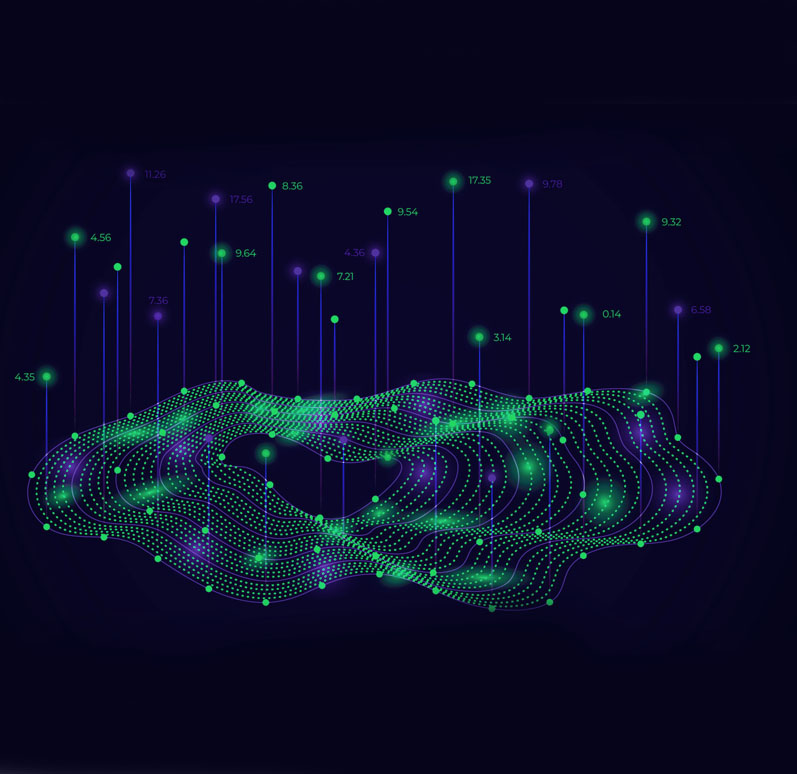
Collaboration SectionTransform Your Existing Samples into Predictive Models
Your biobank of samples represents untapped potential for developing groundbreaking predictive models. Whether you have hundreds of samples from a specific disease cohort or a smaller collection of rare disease samples, our Biobase-Prognosis AI approach can likely generate valuable insights with your existing data. Contact us to discuss how we can collaborate to unlock the predictive power of your samples.
01
Develop predictive models with smaller sample sizes than traditional approaches
02
Identify novel biomarkers and gene signatures for disease prognosis
03
Create therapy selection tools for personalized treatment decisions
04
Generate new value from existing sample collections
05